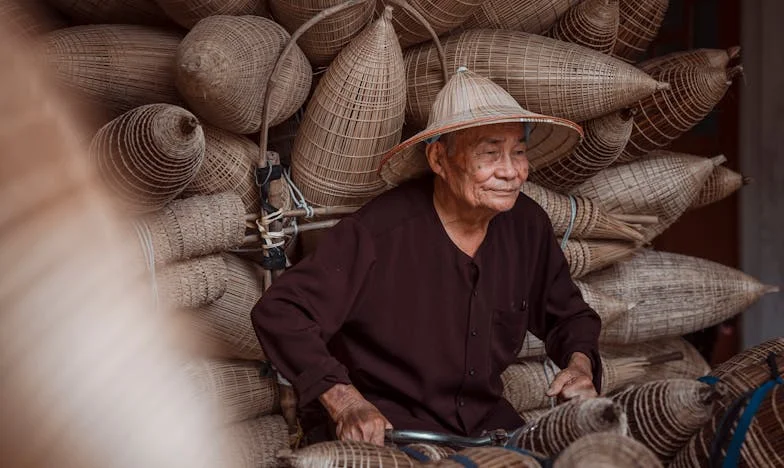“Grandma Left You Her House, Now It’s Your Turn to Care for Her”: Mom’s Response
It was a chilly autumn evening when I received the call that would change everything. My grandmother, who had always been a pillar of strength in our family, had taken a fall. She was 85 years old and living alone in the house she had left me in her will. The house was a beautiful old Victorian, full of memories and history, but it had become clear that she could no longer manage on her own.
I dialed my mom’s number, my hands trembling slightly. “Mom, what are we going to do about Grandma? She can’t stay alone anymore,” I said, my voice tinged with worry.
There was a pause on the other end of the line before my mom replied, “Your grandma left you her house, now it’s your turn to care for her.”
Her words hit me like a ton of bricks. I had always known that one day I would inherit the house, but I hadn’t anticipated the responsibility that would come with it. I had my own life, my own job, and my own family to take care of. How was I supposed to manage all of this?
I decided to take some time off work and move into the house temporarily to care for Grandma. The first few days were manageable. I cooked her meals, helped her with her medication, and made sure she was comfortable. But as the days turned into weeks, the reality of the situation began to sink in.
Grandma’s health was deteriorating faster than I had expected. She needed constant care and attention, and it was taking a toll on me. My job was suffering, my relationship with my partner was strained, and I felt like I was losing myself in the process.
One evening, after a particularly challenging day, I called my mom again. “Mom, I don’t think I can do this anymore. It’s too much,” I confessed, tears streaming down my face.
My mom’s voice was firm but understanding. “I know it’s hard, but we don’t have many options. We can’t afford a full-time caregiver, and putting her in a nursing home would break her heart.”
I felt trapped. The weight of responsibility was crushing me, and there seemed to be no way out. I tried to find a balance between caring for Grandma and managing my own life, but it felt like an impossible task.
As the months went by, Grandma’s condition worsened. She became bedridden and required round-the-clock care. I was exhausted, both physically and emotionally. My job had let me go due to my prolonged absence, and my partner had left me, unable to handle the strain our relationship was under.
One night, as I sat by Grandma’s bedside, holding her frail hand, she looked at me with tears in her eyes. “I’m so sorry for putting you through this,” she whispered.
I shook my head, trying to hold back my own tears. “It’s not your fault, Grandma. I just wish things were different.”
In the end, Grandma passed away peacefully in her sleep. The house she had left me now felt like a hollow shell, filled with memories of a time that could never be reclaimed. I had lost so much in the process of caring for her—my job, my relationship, and a part of myself.
As I stood in the empty house, I realized that sometimes life doesn’t have a happy ending. Sometimes, the sacrifices we make don’t lead to a better future but leave us with scars that take time to heal.
